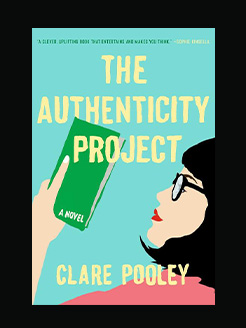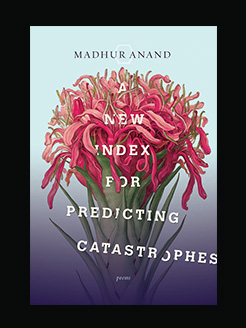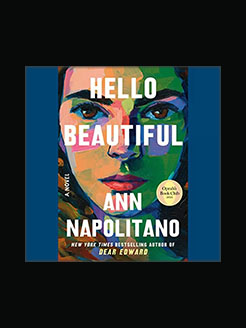Published in 2018
277 pages
Lisa Halliday is an American writer whose work has appeared in Granta and The Paris Review. She received a Whiting Award for Fiction in 2017. Her first novel, Asymmetry, was published in twenty languages and was named one of the Top Ten Books of 2018 by The New York Times, The New Yorker, Time, and several other publications. Asymmetry was also one of President Obama’s favorite books of the year and was shortlisted for the Center for Fiction First Novel Award, the National Book Critics Circle John Leonard Award, the Los Angeles Times Art Seidenbaum Award for First Fiction, the Jewish Quarterly Wingate Prize, and the Prix du Premier Roman. Lisa grew up in Medfield, Massachusetts, and currently lives in Italy with her husband and daughter.
What is this book about?
A singularly inventive and unforgettable debut novel about love, luck, and the inextricability of life and art, from 2017 Whiting Award winner Lisa Halliday.
Told in three distinct and uniquely compelling sections, Asymmetry explores the imbalances that spark and sustain many of our most dramatic human relations: inequities in age, power, talent, wealth, fame, geography, and justice. The first section, Folly tells the story of Alice, a young American editor, and her relationship with the famous and much older writer Ezra Blazer. A tender and exquisite account of an unexpected romance that takes place in New York during the early years of the Iraq War, Folly also suggests an aspiring novelist’s coming-of-age. By contrast, Madness is narrated by Amar, an Iraqi-American man who, on his way to visit his brother in Kurdistan, is detained by immigration officers and spends the last weekend of 2008 in a holding room in Heathrow. These two seemingly disparate stories gain resonance as their perspectives interact and overlap, with yet new implications for their relationship revealed in an unexpected coda.
A stunning debut from a rising literary star, Asymmetry is an urgent, important, and truly original work that will captivate any reader while also posing arresting questions about the very nature of fiction itself.







